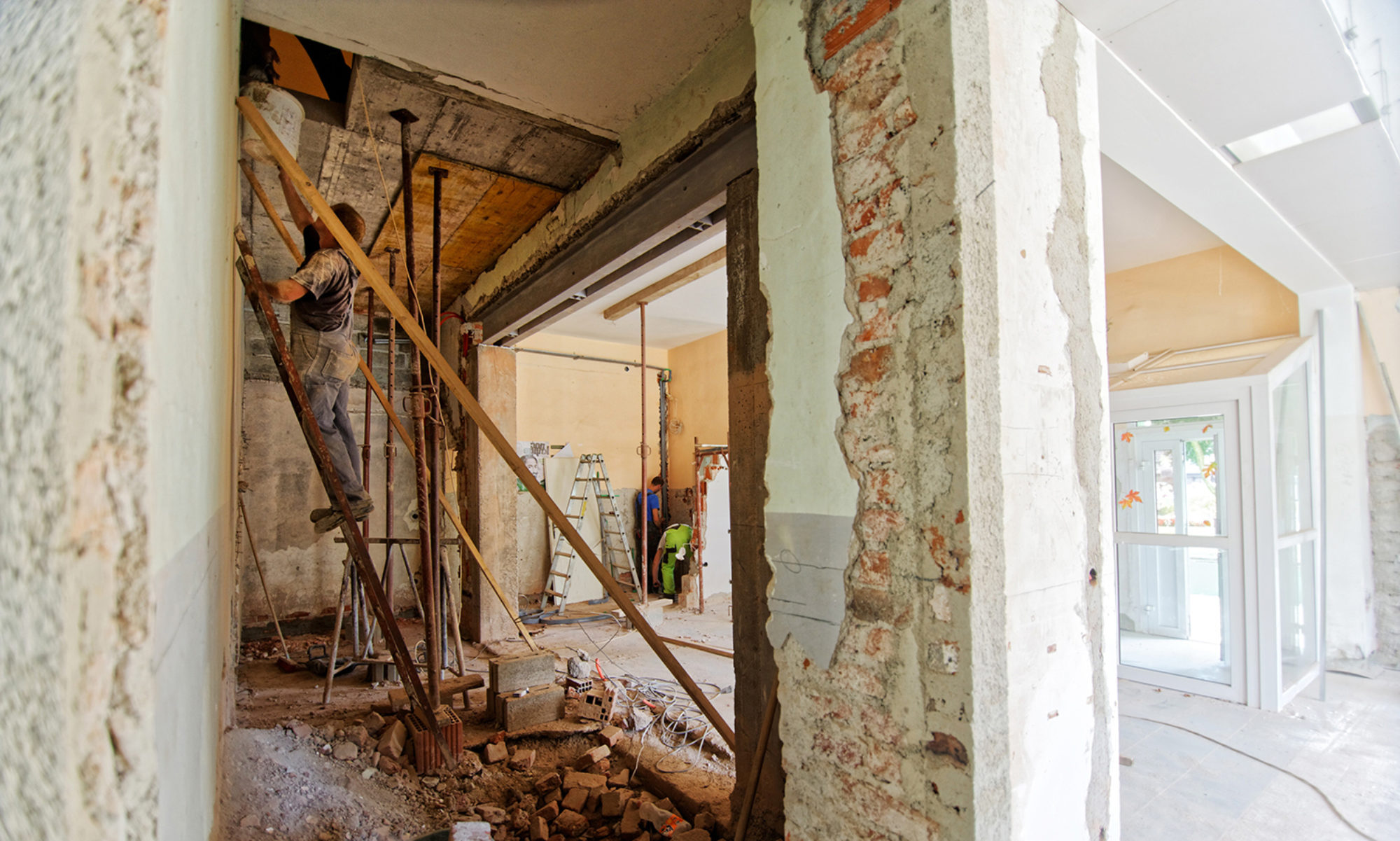Freestanding vs Slide-in Ranges: Differences, Pros and Cons
Buying a new range?
In these other articles, we explain pros and cons of having a range instead of separate cooktop and oven, and the different fuel types: gas, electric and induction.
For all-in-one ranges, there is a third decision to make before finding the ideal model: the installation type. Like for the the other decisions, if you are just replacing an existing range, keeping the same style will prevent adjustments in your kitchen.
If you’re planning a new kitchen, let’s see the pros and cons of the two types of ranges: freestanding and slide-in.
Page Contents:
Freestanding ranges
Freestanding ranges are just placed on the floor.
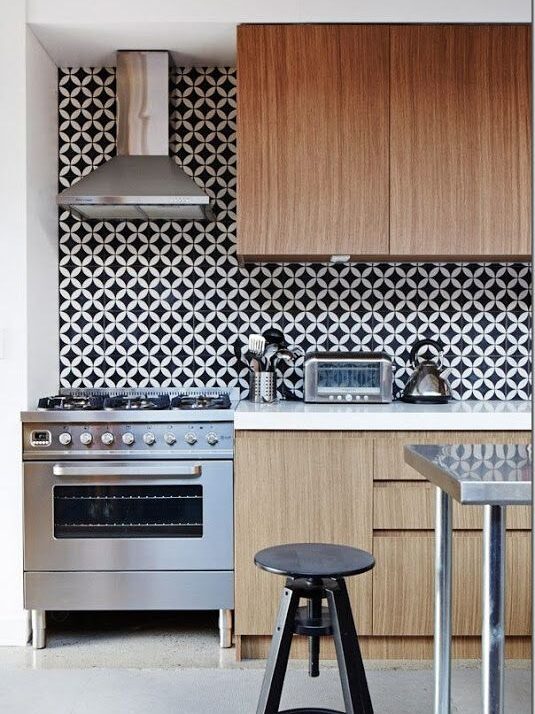
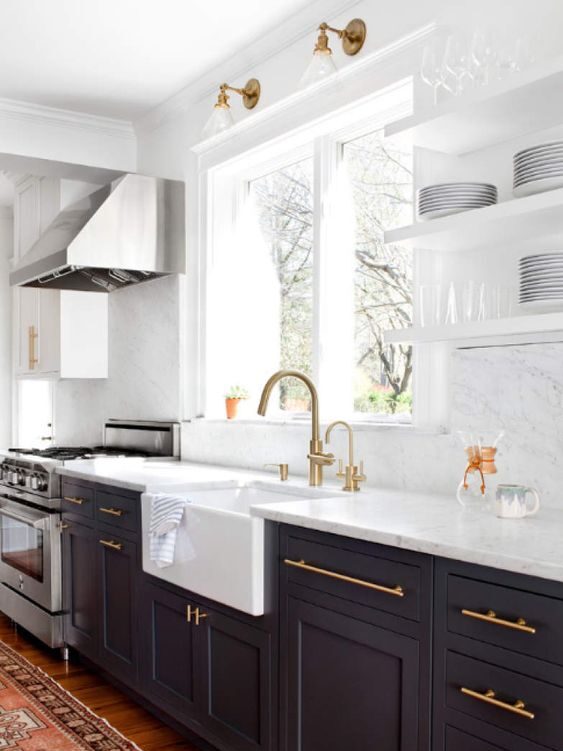
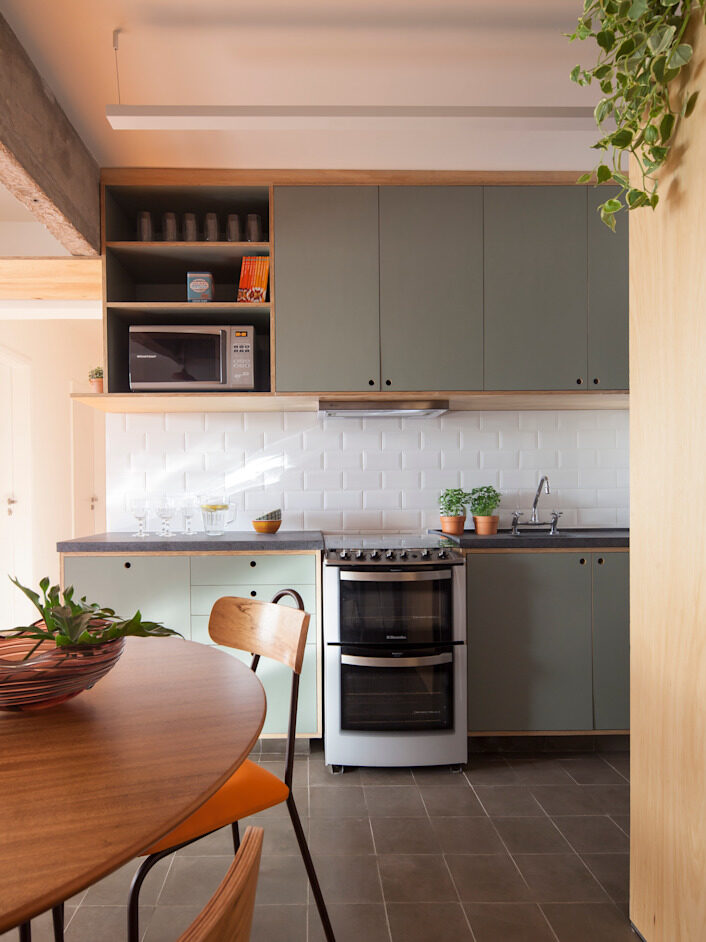
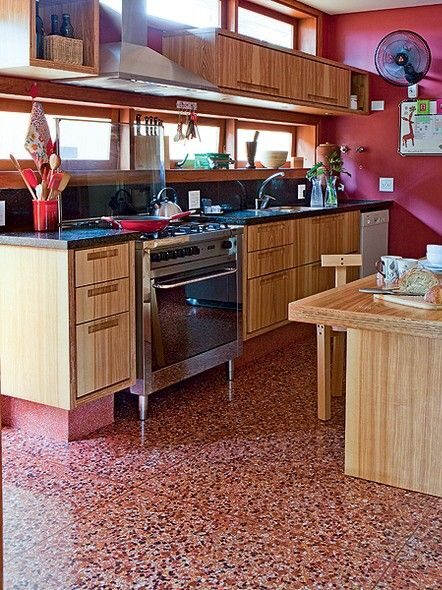
As the photos show, freestanding ranges can still be integrated with the countertop. You just have to leave the right space for it so it looks perfectly fitted. And make sure to install your countertop at the standard height.
Pros
- Cheaper.
- Easier to install.
Cons
- Open gaps under the range and between it and the countertop and can accumulate dirt.
- More conventional-looking.
Slide-in ranges
Slide-in ranges are installed in a cut-off on the countertop, and do not touch the floor.
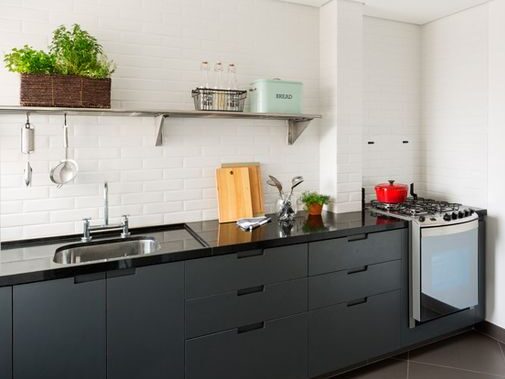
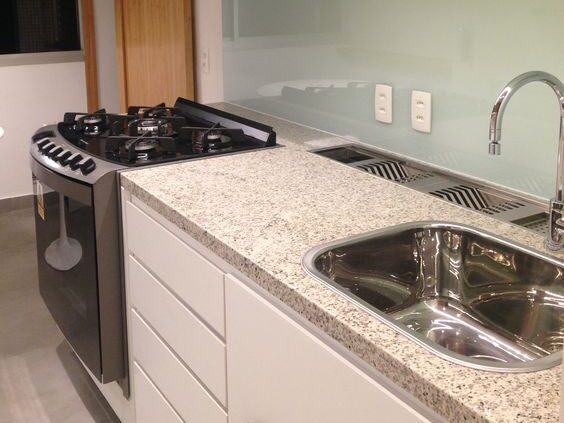
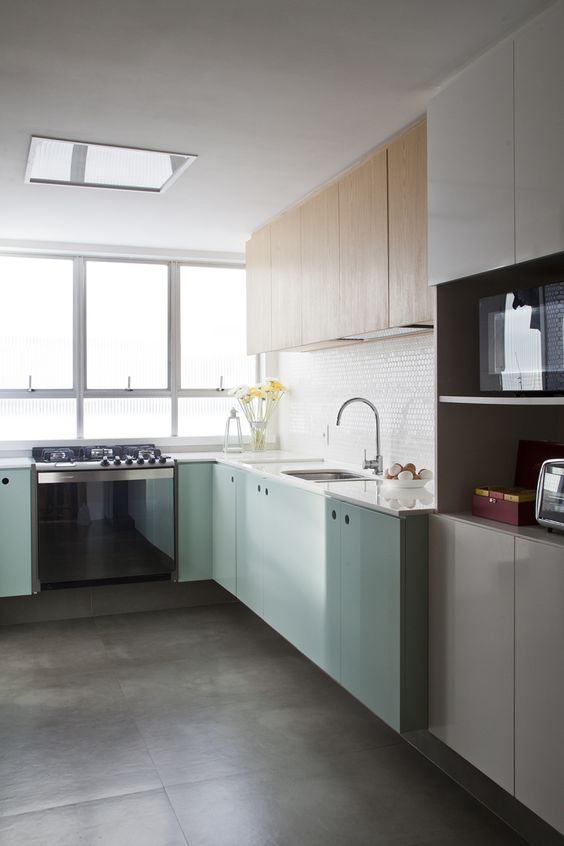
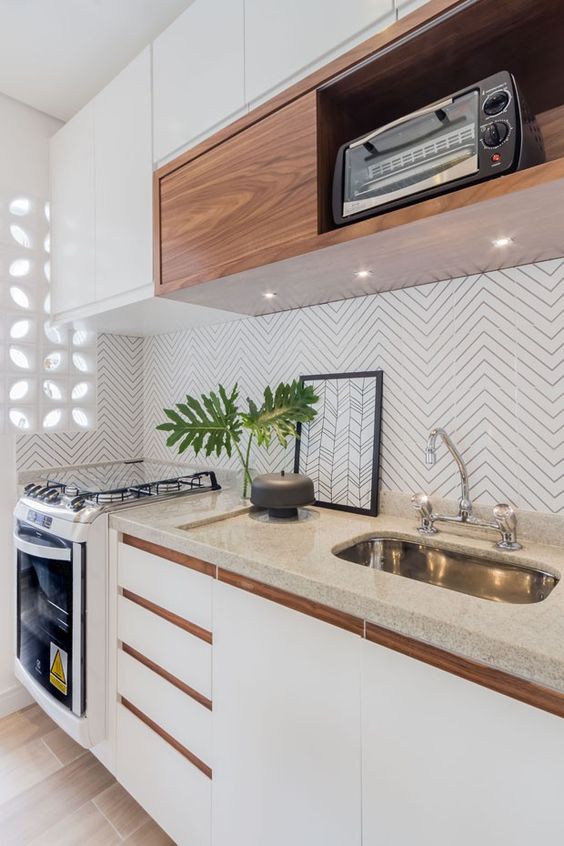
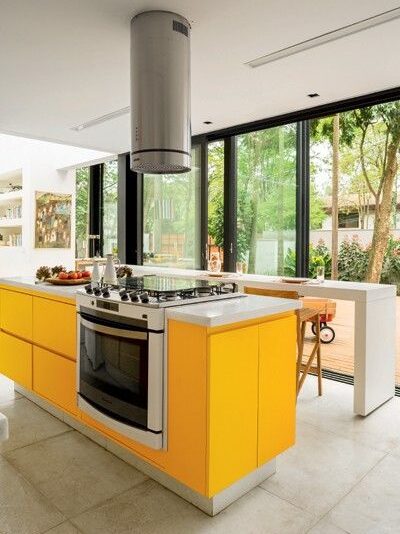
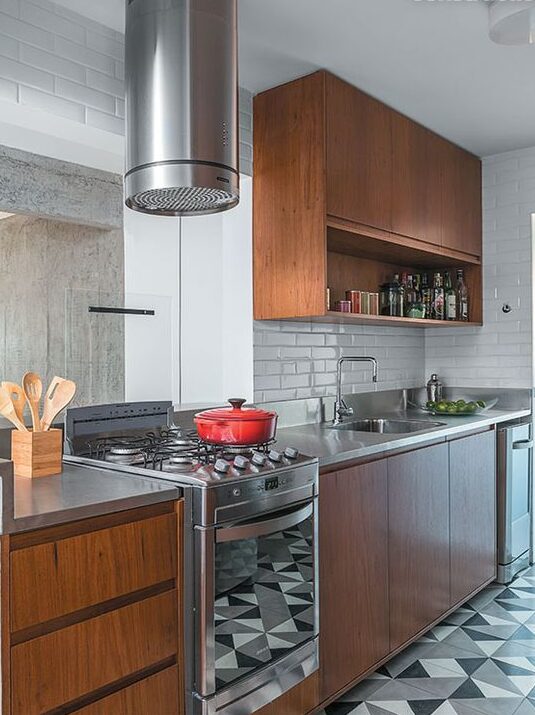
Pros
- Easier to clean, since there are no open gaps or space under the range.
- Looks more organized and modern.
Cons
- Usually more expensive.
- Demands a more careful project, with a cutoff on the countertop and on the cabinets under it with the exact dimensions for the chosen model.
Both types may require minimum offsets on the sides and back for ventilation. Check this information in the product manual, which comes with it and is also available in the brand website.
You may also want to read about custom kitchen countertop design.
